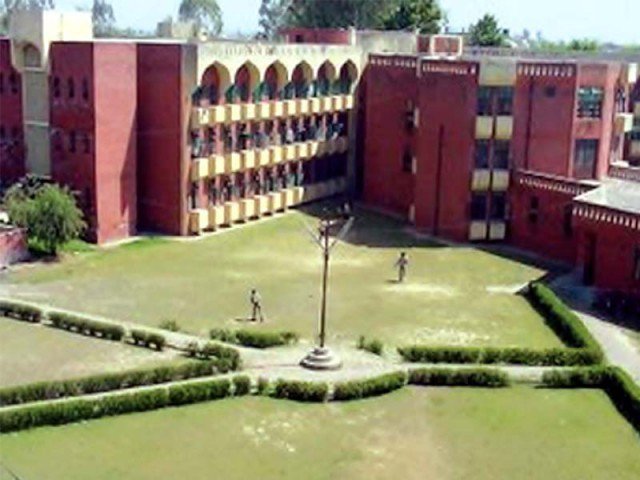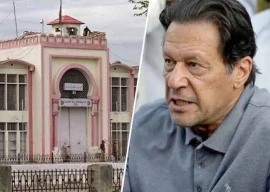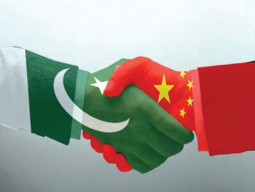
The Ministry of Federal Education and Professional Training, in collaboration with the National Curriculum Council (NCC), inaugurated the National Curriculum Summit 2024 at the Allama Iqbal Open University (AIOU).
The summit marks a significant milestone in the country's ongoing efforts to modernise its education system by introducing new schemes of studies, subjects, and academic streams at both the Secondary School Certificate (SSC) and Higher Secondary School Certificate (HSSC) levels.
The Summit, which will conclude tomorrow (Wednesday), brings together key stakeholders in the education sector, including policymakers, educators, curriculum specialists, and thought leaders.
The event features keynote speeches and panel discussions aimed at shaping the future of Pakistan's educational landscape.
The Summit kicked off with a warm welcome address by Mohyuddin Ahmad Wani, the Federal Secretary for the Ministry of Education and Professional Training. He acknowledged the contributions of the National Curriculum Council and expressed his gratitude to all the participants for their active involvement in the two-day event.
Wani highlighted the suggestions made by Ahsan Iqbal, the Federal Minister of Planning, Development & Special Initiatives, regarding a holistic review of Pakistan's education system. "We have successfully reviewed the existing scheme of studies and updated it in just six months and the suggestions received from the summit will be made part of curriculum reforms" he stated.
He emphasised the importance of ensuring that the curricula remain relevant and dynamic, adapting to the needs of a rapidly changing world.
Minister Ahsan Iqbal shared his insights on the four key initiatives launched during PML-N's tenure from 2013 to 2018, which faced significant challenges after their tenure but are now back on track.
These initiatives are part of the government's broader goal to transform Pakistan's education system and align it with global standards.
"Education plays a pivotal role in the development of any nation. To build a prosperous and competitive society, we need a strong foundation-starting with the curriculum," said Mr. Iqbal. He also acknowledged the ongoing debate over the medium of instruction, noting that while some advocate for Urdu and others for English, he believes in a pragmatic approach-Urdish, a combination of both languages.
"Urdish is the future of our education system, a balanced blend that will foster better communication, cultural integration, and global connectivity," he remarked. The Minister further emphasised that the country faces a civilizational crisis, which demands urgent attention. "We need to reframe our education system to address not only academic knowledge but also our identity, values, and cultural heritage," he said.
In an important announcement, Iqbal revealed plans to establish a Teaching Training Center aimed at enhancing the professional development of educators.
Dr Shafqat Ali Janjua, the Joint Educational Advisor of the National Curriculum Council (NCC), also addressed the summit, highlighting the latest developments in Pakistan's curriculum. "The scheme of studies has been updated, with new curricula introduced at both the SSC and HSSC levels. New academic groups have also been included, broadening the scope of studies available to students and providing them with a wider range of academic and career pathways," said Dr. Janjua.
He further emphasised that the curriculum is a continuous process of improvement, aimed at addressing contemporary challenges. "We are committed to ensuring that our curricula evolve with the times, equipping students with the knowledge and skills required to thrive in an increasingly complex global landscape," he added.


1725030039-0/Untitled-design-(2)1725030039-0-165x106.webp)




1732622842-0/Express-Tribune-(9)1732622842-0-270x192.webp)










COMMENTS
Comments are moderated and generally will be posted if they are on-topic and not abusive.
For more information, please see our Comments FAQ